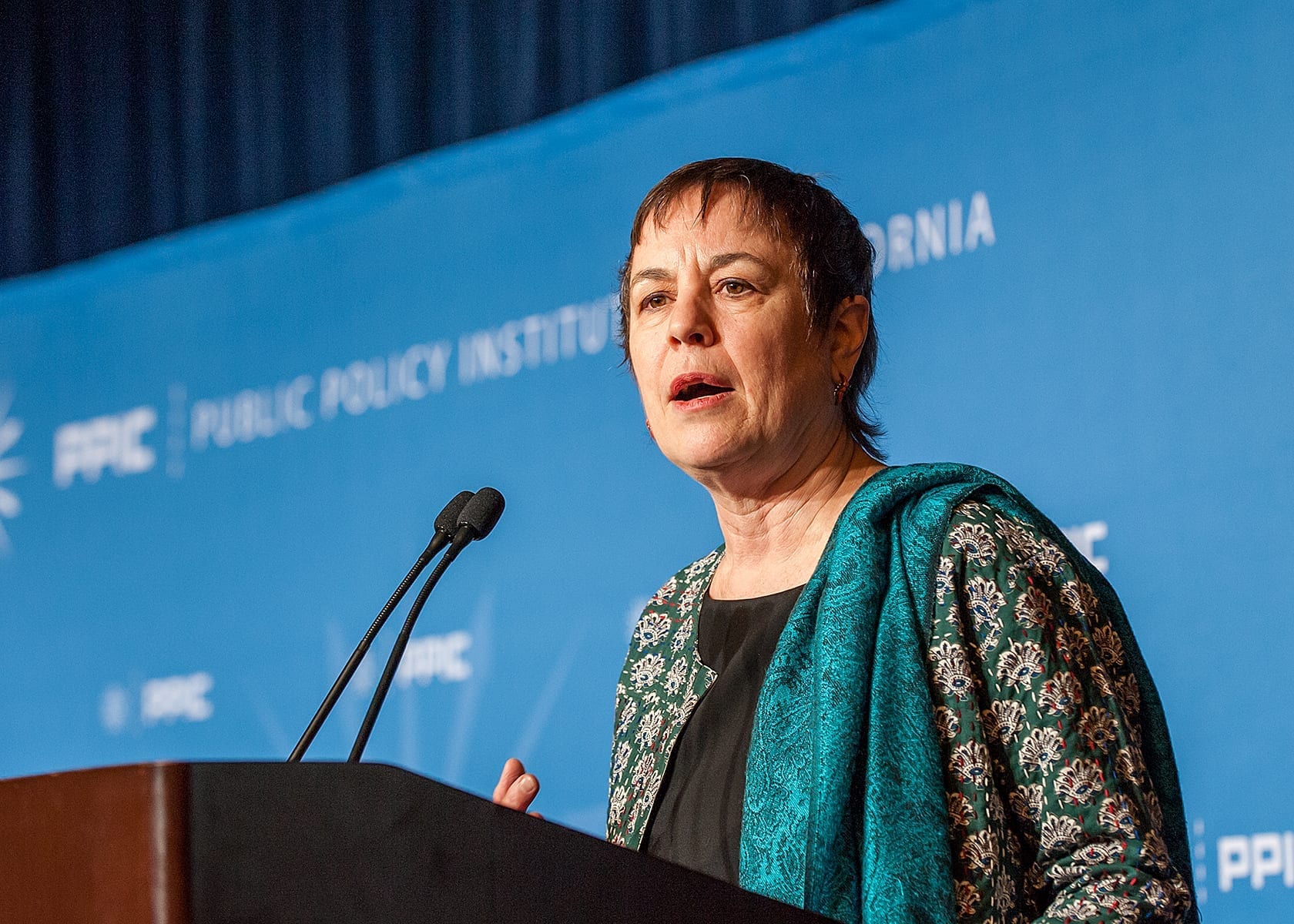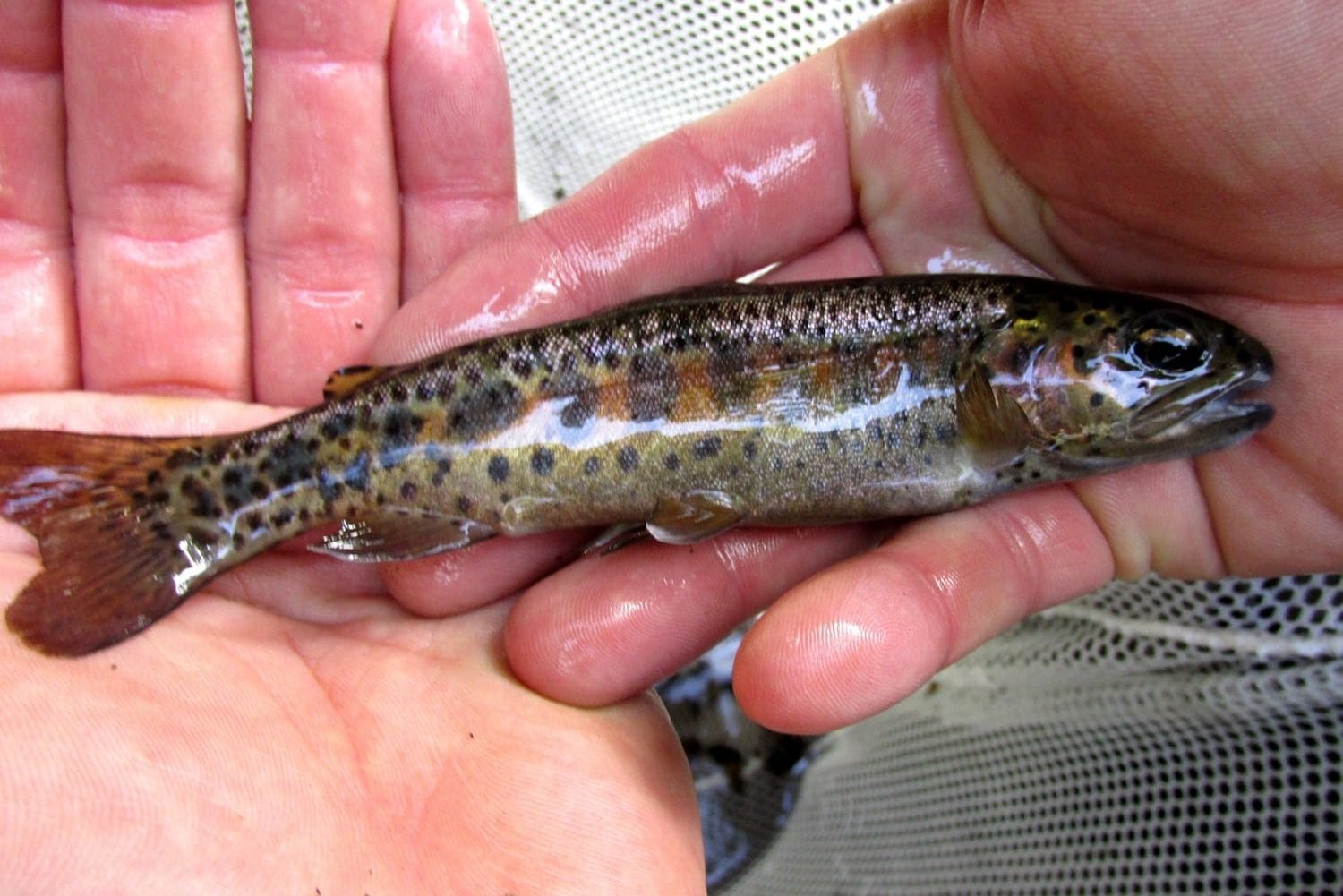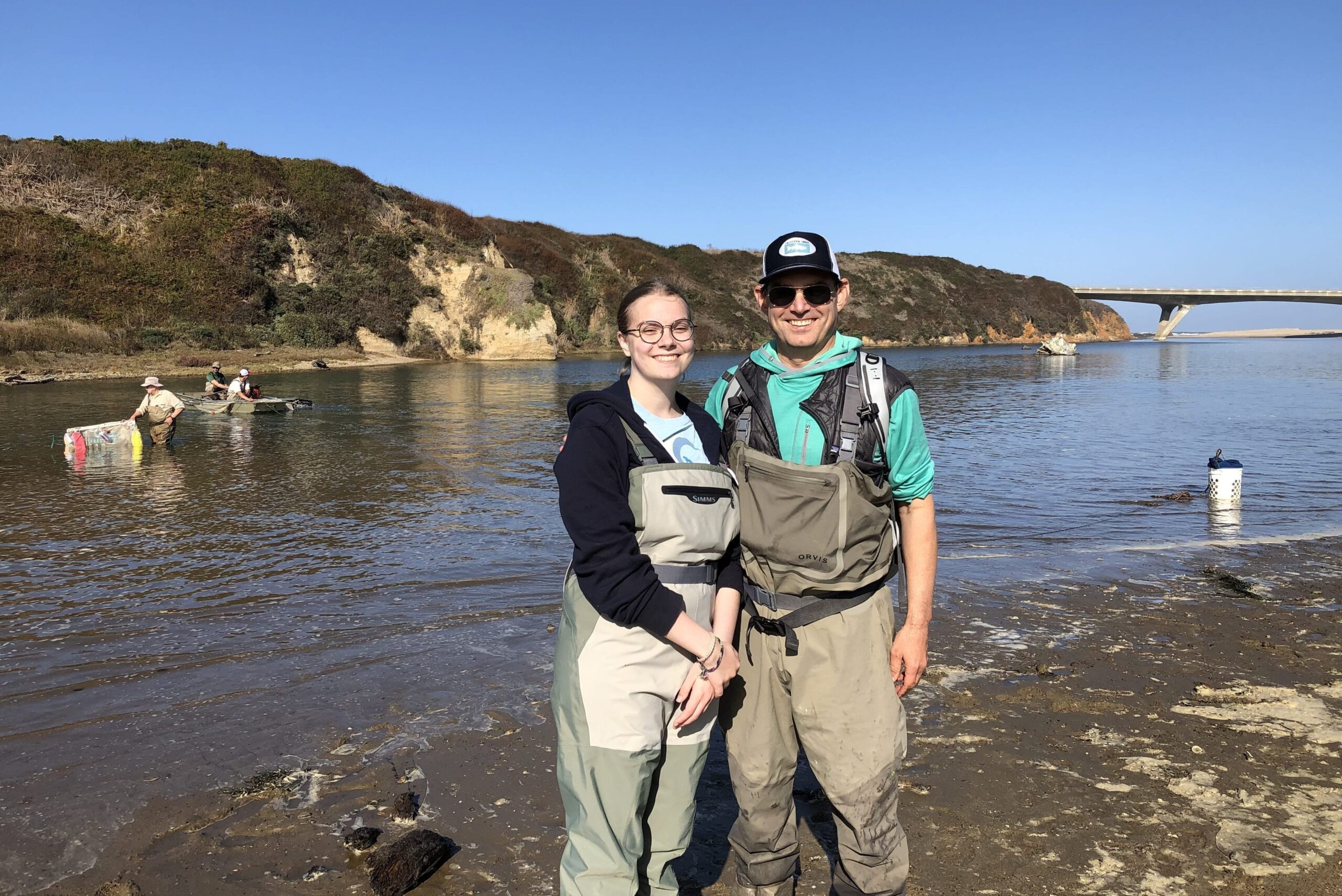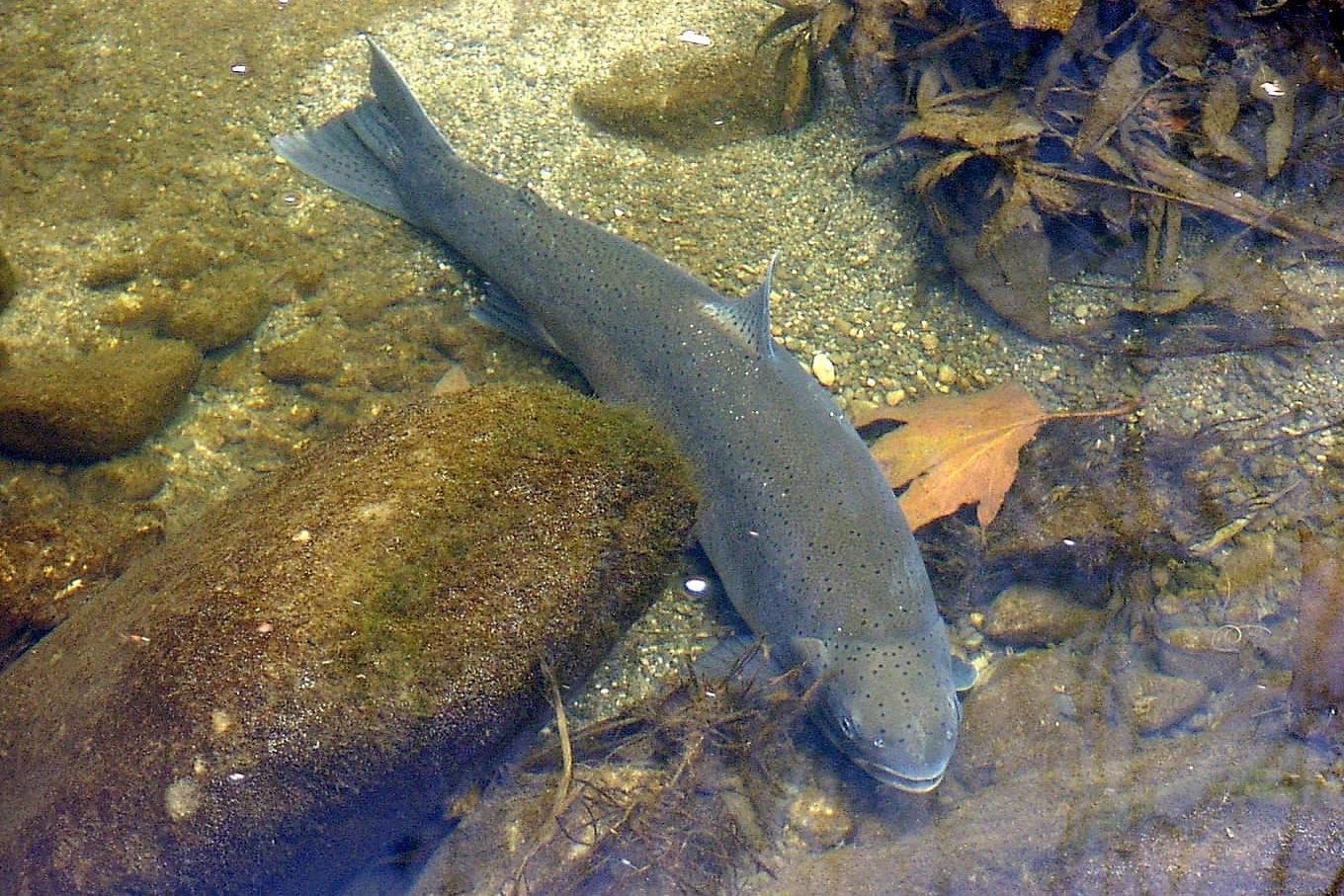
By Ellen Hanak
Director, PPIC Water Policy Center
The PPIC Water Policy Center
Managing water in California is a difficult task. The state has the most variable year-to-year precipitation in the country. This volatility requires intense water management to supply 40 million people and nine million acres of irrigated farmland, and to support populations of numerous freshwater species, especially the state’s iconic fishes like salmon and steelhead. The task is made more difficult by a rapidly changing climate. This is leading to warming, loss of snowpack, more intense droughts, and increasing flood risk that affects all facets of water management, including protecting the environment.
To help the state prepare, the PPIC Water Policy Center has published a series of research reports on managing water and ecosystems in a changing climate. Most recently, we published a policy brief to highlight important actions to improve climate resilience. Priorities for California’s Water summarizes key actions to help prepare the state’s water system and natural environment for coming changes. California Trout was a sponsor of this report.

Ellen Hanak. Photo: PPIC

Here are a few key recommendations from the report:
- Modernizing the water grid:Addressing infrastructure weaknesses and gaps— coupled with more flexible management—is essential for reducing the costs of future droughts and floods.
- Reducing fire risk in headwater forests:The state’s mountain forests—a major source of water—are in poor health. Active management can reduce the risk of extreme wildfires and help maintain the benefits that forests provide.
- Improving the health of freshwater ecosystems:A new approach to managing water for freshwater ecosystems and species can help them adapt to a warming climate.
Photo: Cover of Priorities for California's Water Report. PPIC
This work was the focus of a free public event in November, which brought together expert panelists from various local agencies, NGOs, and state government to discuss ways forward. These panel discussions are a great way to bring multiple perspectives to tough issues, and spur important conversations.
Going forward, we’re thrilled to announce the PPIC CalTrout ecosystem fellowship, funded by a group of community leaders to support critical analysis of science-based ecosystem management topics. Our first fellow is Ted Grantham, a UC Berkeley river scientist who will be working on research showing how to use “functional flows” to improve the health of freshwater ecosystems.

Photo: PPIC

ABOUT THE CENTER
The PPIC Water Policy Center is a non-partisan research institute whose work is intended to support a healthy economy, environment, and society—now and for future generations. We seek to bridge the gap between rigorous scientific research and complex policy problems, helping guide agencies, stakeholders and organizations like CalTrout as they tackle the state’s major water challenges. In addition to publishing a range of information—from short policy briefs and blog posts to longer technical reports—the center excels at public outreach. Our events and workshops bring the full range of stakeholders to the table and provide a neutral forum for productive conversations.
The center concentrates on three critical, interrelated challenges facing California’s water in the 21st century:
- Investigating and encouraging comprehensive, integrated approaches to water quality and quantity
- Promoting the development of sustainable ecosystems using practical approaches to watershed management
- Helping California to adapt to an increasingly variable climate
For more information: PPIC Water Policy Center
Photo: PPIC
Ellen Hanak is vice president and director of the PPIC Water Policy Center and a senior fellow at the Public Policy Institute of California, where she holds the Ellen Hanak Chair in Water Policy. Under her leadership, the center has become a critical source of information and guidance for natural resource management in California.
















